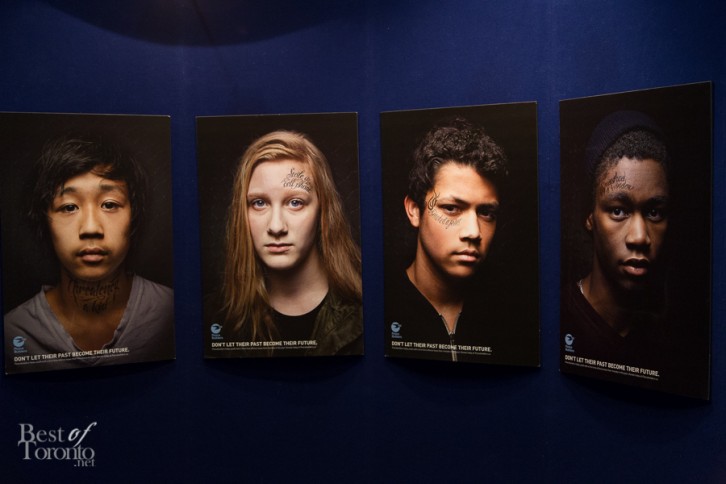Think of how often the international community finds itself going round in circles when addressing problems like the mass migration crises currently afflicting the MENA region and Europe. How often does it seem like problem-solving efforts are caught up in macro-level approaches and have forgotten about the human elements, on the ground, that are driving the issue? How often can we say that we integrate those who deeply understand this problem (e.g. academics) with those who have the implementation skillsets (e.g. entrepreneurs and businesspeople) to take this understanding and use it to create change? The answer to these questions is either never, or not often enough.
A major issue in efforts to move the needle on ‘wicked problems’ in global affairs (e.g. refugee and forced migration crises) is that research entities (think tanks, academia etc.) and implementation entities (NGO’s, consultancies, start-ups etc.) fail to sufficiently integrate. An all-encompassing body that builds interdisciplinary understanding on the problem and then has the agency to use that unprecedented understanding to implement action against the problem is desperately needed – enter the Wicked Problems Initiative (WPI). WPI’s goal is to become an exemplar of a new type of organisational model that integrates the full spectrum of processes – from the knowledge-generation through to the implementation – necessary to enable more potent, lasting change.
The motivation for WPI (and the key areas WPI seeks to address) stems from these frustrations:
1. Problem-solving approaches often approach the problem from the macro-level or theoretical context, meaning the human elements that make up the problem ‘on the ground’ are too rarely the focus
2. Problem-solving approaches often approach problems through a single subject or lens, e.g. economic, which means that many other contributing aspects of the problem are ignored
3. The ivory tower syndrome of academia often means that those with the deep understanding of these issues don’t apply this understanding ‘on the ground’ in problem-solving efforts
To rectify this, WPI’s mission is to develop unprecedented interdisciplinary understanding on the ‘wicked problem’ of forced migration, then ‘move the needle’ on this problems by leveraging this new understanding with human-centred design thinking and implementation methods central to entrepreneurship and business.










